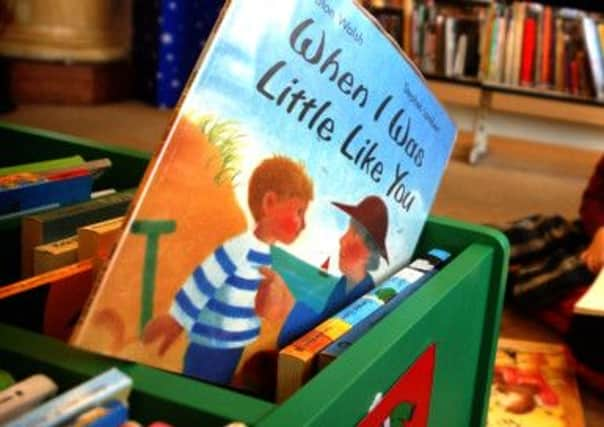Let children love reading by delaying it


Meanwhile the percentage of pupils not reading at the appropriate level was less than 3 per cent for all stages.
Not bad, you might think. But dig a little deeper into the results and a very different picture emerges.
Advertisement
Hide AdAdvertisement
Hide AdConsider this shocking fact: That while 70 per cent of P4 pupils “agree a lot” with the statement “I enjoy reading”, by S2 this has dropped to 29 per cent.
It doesn’t get any better after S2 either.
According to another authoritative international study, nearly 75 per cent of Scottish 15-year-olds only read when they have to or think reading is a total waste of time.
Teaching a child how to read does not make them a reader. Pleasure in reading does. This is not an obscure liberal point. It relates directly to the purposes of education.
‘Successful’
There is now an incontrovertible mass of international evidence which demonstrates a simple fact: children who enjoy a rich diet of reading are more likely to be successful educationally, socially and economically. And this is true irrespective of social background.
Parents take note – if you want to massively enhance the quality of your child’s life and prospects, make sure there are books in the house and make sure you enjoy them together as a family. Access to books and quality advice is completely free through your local library.
In this way you can mitigate some of the problems caused by an education system which tries to teach children to read and write far too early.
Most children who start primary school are not ready to master these complicated tasks, and struggle for two or three years to do so.
After which we expect them to love reading?
In the most successful education systems in the world, children do not begin the formal task of mastering these skills until they are seven years old.
Advertisement
Hide AdAdvertisement
Hide AdSo we have to ask ourselves why, in the face of such stark evidence, we are not prepared to change the way we teach.
• Marc Lambert is chief executive of the Scottish Book Trust. Book Week Scotland runs from 25 November to 1 December